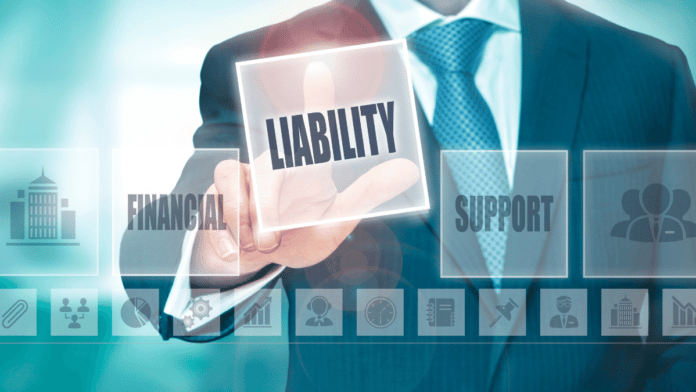When you are being accountable for something, you can call it a liability. But when you run a business, you might want to define liabilities further. Liability is when your business owes something, usually money, to other businesses. Liabilities eventually affect a company’s financial state. To have good liability management, consider using best accounting software to assist you.
You can also define liability as an obligation, a legal, or regulatory risk. When you are unable to manage and pay the liability, your business may come across a financial loss. Of course you don’t want that. Hence, companies should have good liabilities management. It can be achieved with the use of accounting software. The system has a financial dashboard and automated reporting to help you stay on track regarding your liability. Also, you can see the pricing scheme calculation for accounting software before you apply it.
Also read: Implement Accounting Software to Improve Your Business
Table of Content:
Table of Content
Definition of A Liability
Liability has the meaning of owing something to someone else. However, we are going to see it in financial terms. A liability is a company’s duty to pay money or provide service to other businesses. Companies can use it in place of equity as a means of funding a business. Liabilities can assist companies in setting up efficient business processes and accelerating value development.
A liability holds an important role and affects the company’s financial position. Some liabilities are necessary for day-to-day tasks like accounts payable or income taxes payable. Hence, it should be managed properly to avoid losses. Though it is understandable that managing financial matters can be difficult, it can be solved with the help of accounting software.
How Does Liabilities Work
A financial liability is an obligation in the term of accounting. But, it is more specifically characterized by prior financial transactions, activities, sales, exchanges of goods or services, or anything else that will generate income in the future. Meanwhile, a liability is a contract between two parties that hasn’t been fulfilled or resolved yet.
It is not always bad to have liabilities. In fact, as long as the companies hold their responsibilities correctly, having liabilities can be great for the business. Since companies are using it to fund operations and big developments, liability is a crucial component of a business. Moreover, it is also able to increase the efficiency of transactions between businesses.
Check out other articles on deferred tax liability for further insights into its treatment and impact on your financial statements.
Types of Liability
In business, they divide liabilities into two which are current and long-term ones. They are mainly categorized based on when they are due. It is essential for companies to effectively handle financial management. Now, we will go through the difference between current and long-term liabilities.
Current liabilities
These liabilities are due within one year and mostly take place during routine corporate operations. Since the term is short, companies should manage it by taking the company’s liquidity into account. Here are some of the examples:
- Account payable: Refer to the bills that haven’t been paid.
- Interest payable: This is an unpaid interest expense that has been incurred.
- Dividends payable: This refers to the sum owed to shareholders.
- Unearned revenues: A liability to provide customers with goods or services after receiving payment in advance.
- Discontinued operations liabilities: businesses must take the financial impact into account of any operations or entities that are up for sale or have previously been sold.
Long term liabilities
As the name states, companies should pay these liabilities in 12 months or more. Long-term liabilities may be used as financing sources. Companies will experience a solvency problem and possible insolvency if they are unable to pay off this liability. Some of the examples are:
- Bonds payable: The total quantity of bonds an organization has issued that have a maturity of more than a year.
- Notes payable: The quantity of promissory notes that a business has issued having a maturity of more than a year.
- Deferred tax: This indicates that a business currently “underpays” taxes and will “overpay” taxes afterward.
- Leases: Referring to when a business engages in a long-term agreement for property rental.
You can also read related articles on contingent liability to gain deeper insights into their impact and management.
Also read: Accounting Software to Minimize Business Problems
Conclusion
Liabilities are important for business. While you owe other businesses money, you are also using it to fund operational processes and business development. However, it is also important to manage and pay your liabilities on time. Otherwise, your business may come into losses or, or the worst case, bankruptcy. This is why your company should consider using the best accounting software to assist you in managing liability.
It is not always bad to have a liability since you may use it for financial sources. But, keeping track of it manually may be hard and prone to human error. Thus, utilizing the most complete accounting software will help you significantly in avoiding financial loss.
The system has various features such as automated reporting and a dashboard to keep you updated with the current financial state of your company. Consider implementing the accounting software now and get a free demo to enhance your business quality!

























































